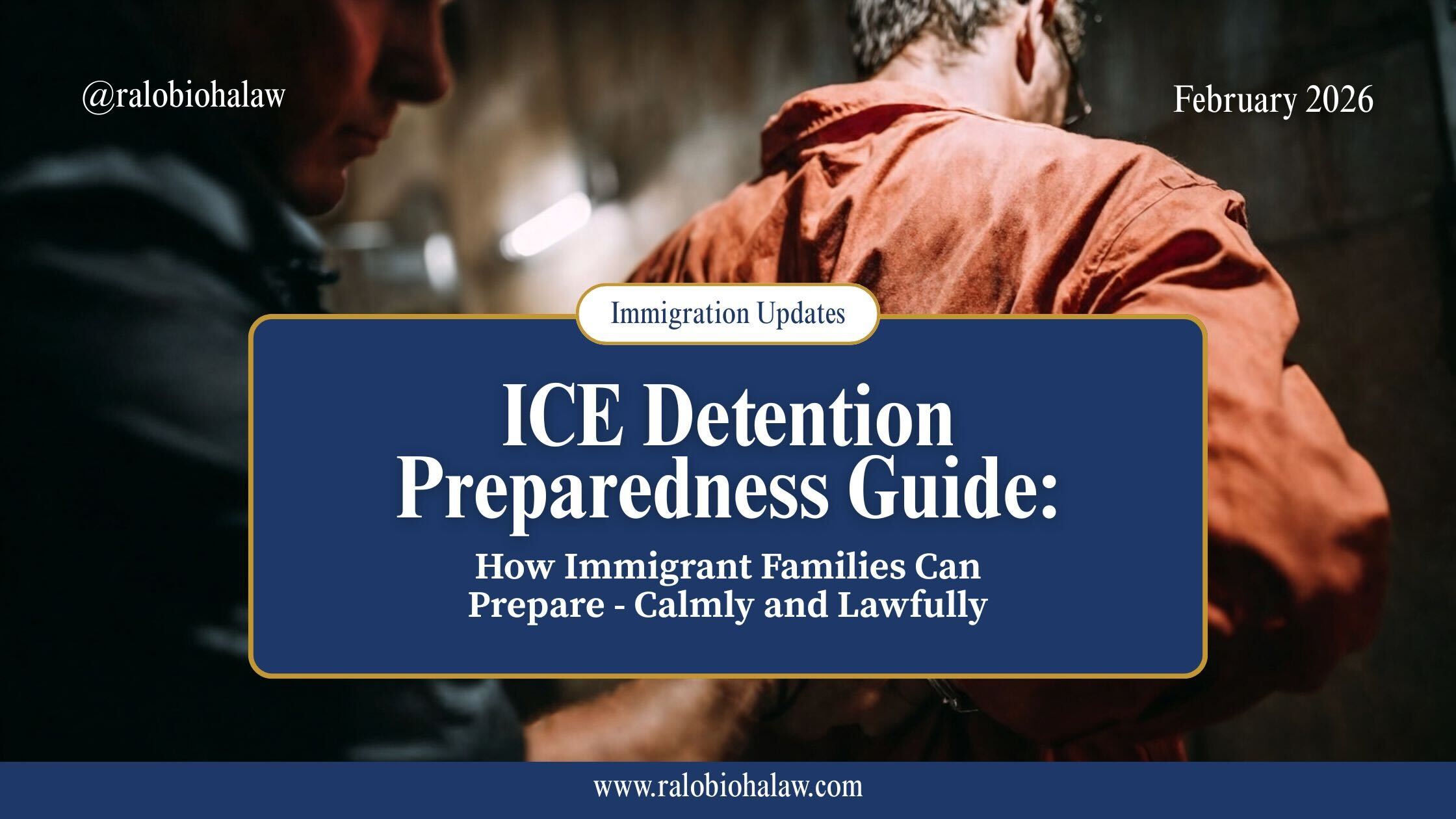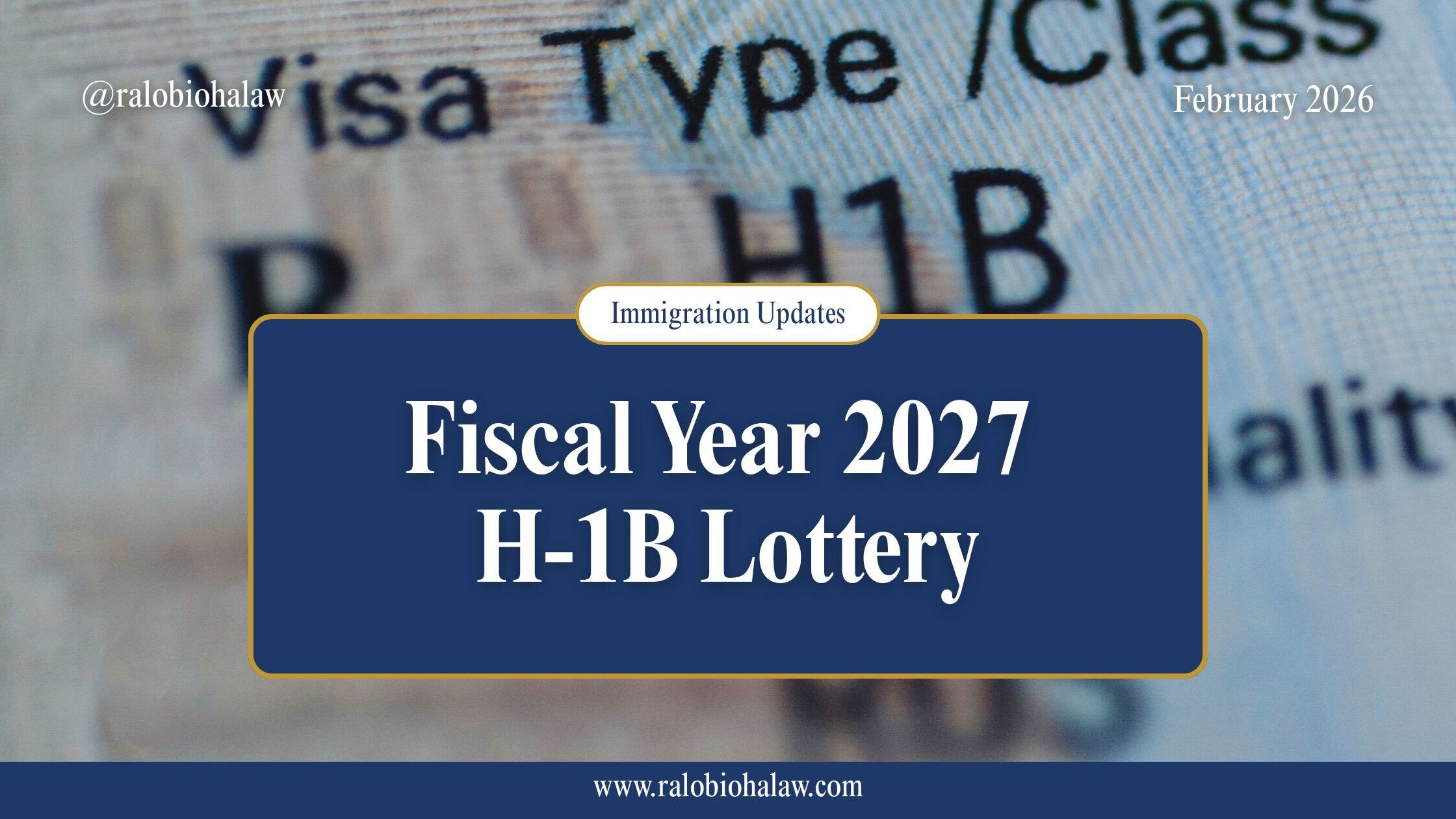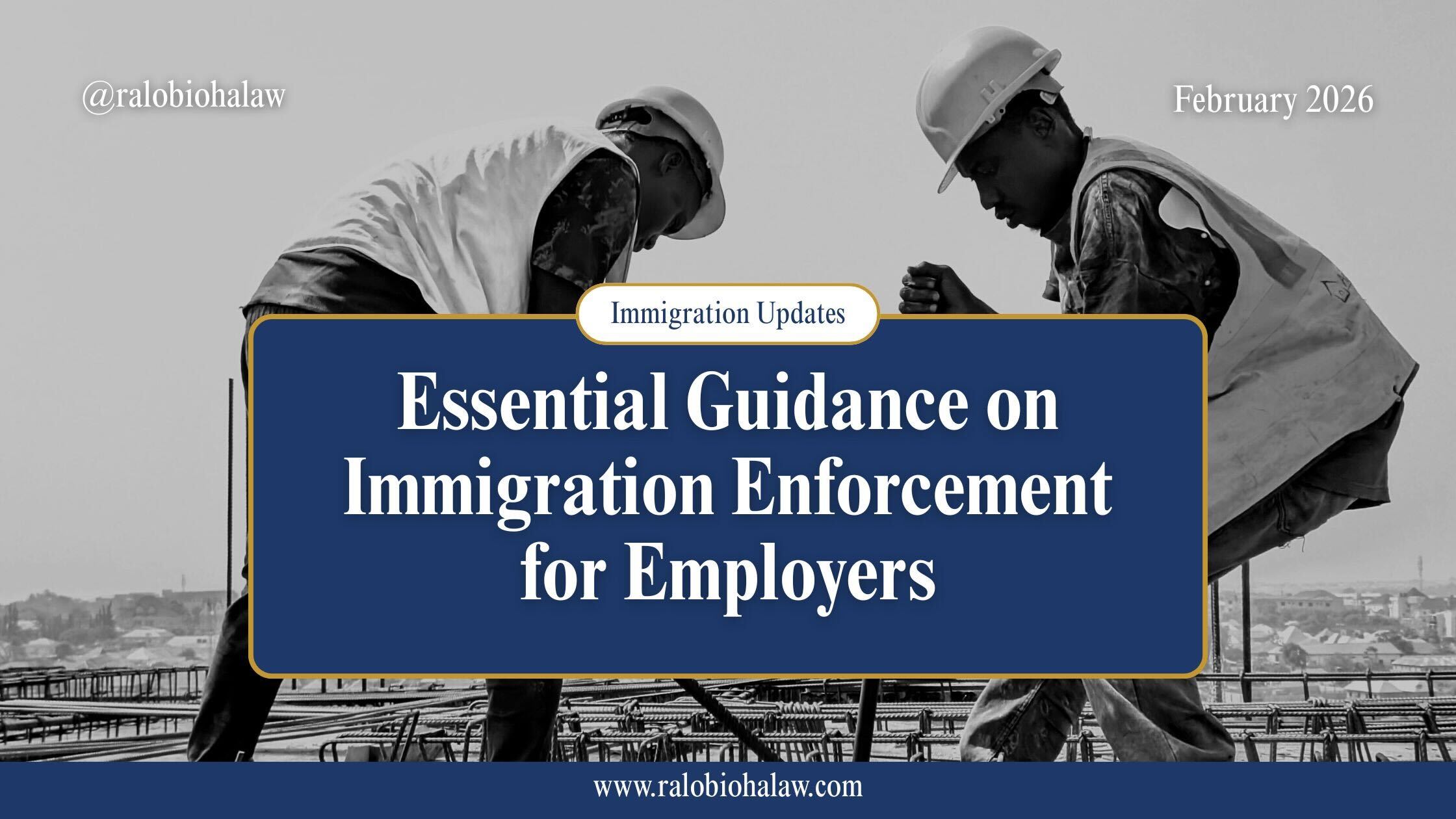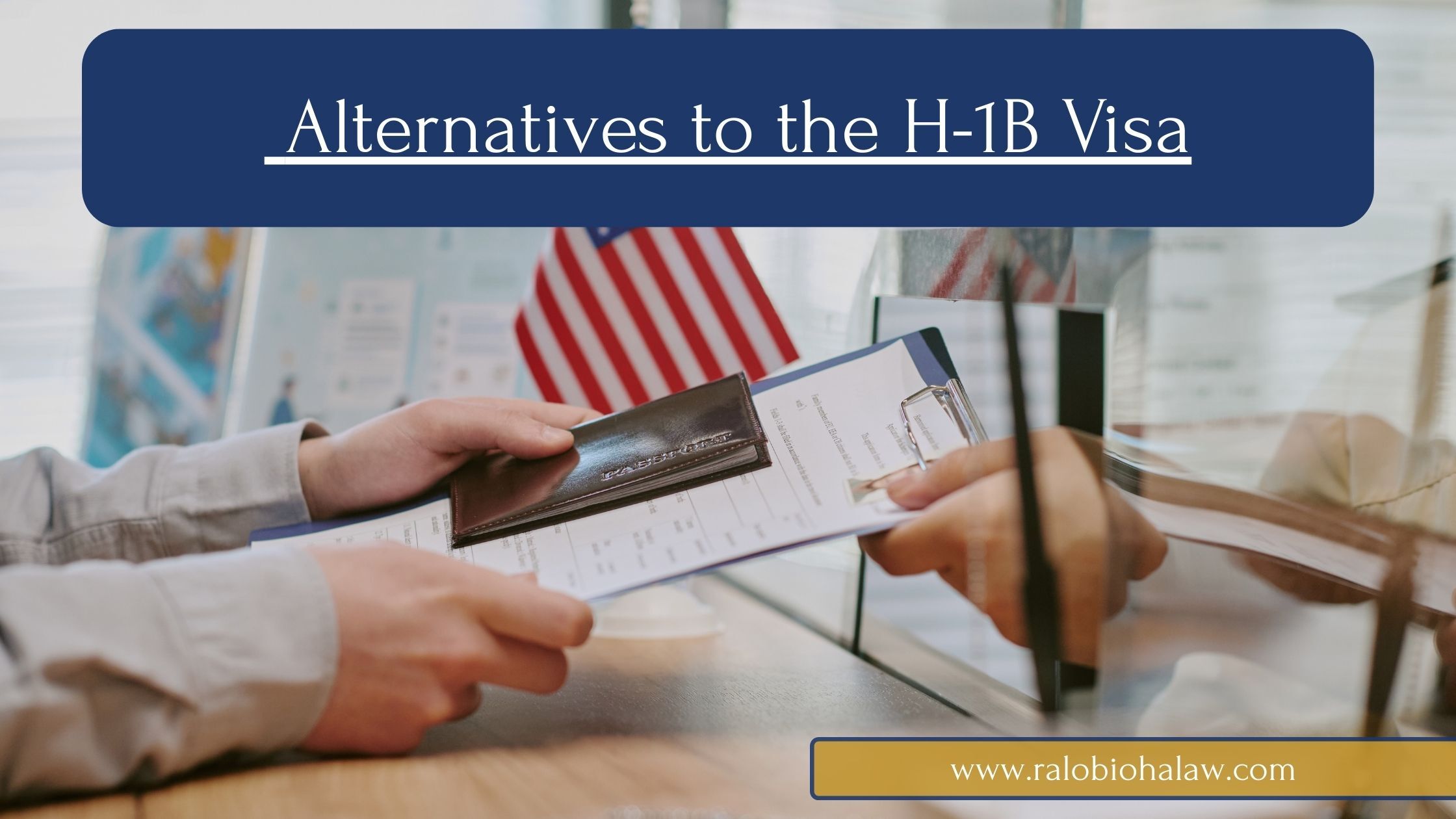A Q & A GUIDE FOR TRAVELERS ENTERING THE U.S
Whether you’re a U.S. Citizen, Lawful Permanent Resident, intending immigrant, or Visitor, learn about your rights when encountering law enforcement at the airport.

Q: Can U.S. Customs and Border Protection (CBP) stop and question me?
- Yes. CBP officers can ask about your citizenship, travel plans, and what you’re bringing into the U.S.
- They cannot question you based on race, religion, or national origin.
Q: Do I have to answer CBP’s questions?
- U.S. Citizens:
- You must answer questions to establish your identity and citizenship.
- You do not have to answer questions about religious or political beliefs.
- Lawful Permanent Residents (Green Card Holders):
- You must answer questions about your residency.
- You do not have to answer unrelated questions, but refusal may lead to delays.
- Visa Holders & Visitors:
- You must answer basic entry-related questions.
- Refusal to answer may result in being denied entry.
Q: Who might I run into at the U.S. border?
When you enter or leave the United States, you’ll typically interact with Customs and Border Protection (CBP) officers. In some cases, you might also encounter agents from Homeland Security Investigations (HSI), which is a division of U.S. Immigration and Customs Enforcement (ICE).
Q: Can officers still stop and search me if I have valid travel documents?
Yes. Even if you have the proper paperwork, customs officers can stop you at the border to decide if you’re allowed to enter the U.S. They also have the right to search your bags for prohibited items, even if there’s nothing suspicious about you or your belongings. This authority also applies to electronic devices like phones and laptops. However, the legality of those searches is still being debated in the courts. That said, officers are not allowed to single you out for a personal search or extra screening based on your race, religion, nationality, gender, ethnicity, or political views.
Q: Can CBP officers search my bags and electronic devices?
- Yes. Without a warrant, CBP can search your luggage, phone, laptop, and other devices. They can demand passwords to unlock devices.
- If you refuse, they may confiscate your device and hold it for further examination.
What You Can Do:
- Ask if you are legally required to unlock your device.
- Request to speak to a lawyer before providing access.
Q: Can border officers ask me about my immigration status?
Yes, they can. Customs officers are allowed to ask about your immigration status to confirm whether you’re eligible to enter the U.S.
- If you’re a U.S. citizen, you only need to answer questions that confirm your identity and citizenship. However, refusing to answer basic questions about your travel could lead to delays or more in-depth screening.
- If you’re a lawful permanent resident (green card holder) and your status is in good standing, you’re only required to answer questions confirming your identity and residency. Declining to answer other questions might slow things down, but you can’t be denied entry for that reason alone.
- If you’re a visa holder or visitor, it’s a different story. You’re expected to answer officers’ questions; if you don’t, they may deny you entry into the country.
Q: Can U.S. customs officers ask me about my religion or political views?
The First Amendment protects your religious and political beliefs. That means you have the right to keep them private — and many people do, especially since some travelers (often Muslim) have been asked intrusive questions about their faith or political opinions. If you’re a U.S. citizen or a lawful permanent resident, you’re not required to answer those kinds of questions, and you can’t be denied entry for refusing.
If officers push the issue, you have the right to ask for a supervisor.
If you’re a non-citizen on a visa or visiting the U.S., you may also decline to answer questions about your religion or politics, but doing so could cause delays or even result in denial of entry. If you’re told you can’t come in and you’re afraid of being persecuted or harmed if sent back, tell the officer about your fear and request asylum.
Q: Do I have to give my fingerprints at the border?
Yes. If you’re a visitor or a lawful permanent resident, your fingerprints will be taken when you enter the U.S.
Q: What can I do if I’m pulled aside for extra questioning at the border?
It depends on your legal status:
- If you’re a U.S. citizen, you have the right to enter the country. You don’t have to answer intrusive or inappropriate questions, but declining to respond could delay your entry or lead to more inspection.
- If you’re a lawful permanent resident, the same basic rule applies — you can’t be denied entry for refusing to answer extra questions, but it may slow things down.
- If you’re a visa holder or visitor, refusing to cooperate during questioning may result in denial of entry.
If questioning becomes inappropriate or overly invasive, anyone — regardless of immigration status — can ask to speak to a supervisor. Customs and Border Protection (CBP) says you’re not entitled to a lawyer during these initial inspections. Still, it’s a good idea to keep the contact info of a lawyer or legal aid group on hand, just in case.
If you’re ever told you’re under arrest or it becomes clear you’re being investigated for a crime, ask to speak to a lawyer and clearly state that you’re choosing to remain silent.
Q: Can CBP officers detain me or deny me entry?
- U.S. Citizens: You cannot be denied entry but may be held temporarily for questioning.
- Green Card Holders: You generally cannot be denied entry unless there’s an issue with your immigration status.
- Visa Holders & Visitors: CBP can deny entry if they are unsatisfied with your answers or documents.
Q: Do I have to give customs officers my laptop password or unlock my phone?
Customs officers sometimes ask travelers to unlock their devices or hand over passwords. What happens next depends on your immigration status:
- If you’re a U.S. citizen, you can’t be denied entry for refusing, but your device might be held for further inspection, and you could face delays.
- If you’re a lawful permanent resident, your green card can’t be taken away without a hearing. However, refusing could also result in your device being taken or further questioning.
- If you’re a visa holder or visitor, refusing to unlock your device or provide passwords could lead to denial of entry.
If your device is taken, ask for a receipt for your property.
Q: What if I’m selected for a strip search at the border?
Strip searches are rare and not routine. Customs officers must have “reasonable suspicion” to perform one, and it must be done in a private area.
Q: Who does airport security screenings, and what kind of officers might I encounter?
At the airport, Transportation Security Administration (TSA) officers handle the security screenings. TSA agents screen people, baggage, and cargo but don’t have arrest powers. You may also see airport police or other law enforcement on-site who have that authority.
Q: Can I or my bags be searched even after passing through a metal detector without any issues?
Yes. TSA officers can conduct further searches even if your bags and body pass through screening with no problems. However, they can’t single you out for additional screening based on your religion, race, national origin, gender, ethnicity, or political beliefs.
Q: What if I wear a religious head covering and get pulled aside for more screening?
You have the right to wear religious head coverings. If you’re asked to remove it during screening, you can insist on your right to keep it on.
If an alarm goes off, TSA officers may request additional screening. This could include a pat-down of the covering or asking you to remove it. You can request that this be done by someone of your gender and in a private area.
If you don’t want anyone to touch your head covering, you can ask to pat it down yourself under supervision. TSA might then swab your hands and test the sample for trace chemicals. If the test is clear, you should be allowed to continue your travel.
TSA officers cannot target you for extra screening based only on your religion, race, gender, national origin, ethnicity, or political beliefs.
Q: What should I know if I’m traveling with kids?
You can opt your children out of airport body scanners, but there’s no exemption for pat-downs. Kids under 13 can usually keep on their shoes, light jackets, and headwear during screening.
Q: Can I travel with breast milk or baby formula?
Yes. You can bring breast milk, formula, and items like ice packs — even in quantities over 3 ounces. Just let the TSA officers know when you go through security. They may test the liquids or ask you to open the containers. You can also pack breast milk and formula in checked luggage.
Q: Can airline staff question me or kick me off a flight while I’m on the plane?
A pilot does have the authority to refuse to fly a passenger if they have a legitimate reason to believe that person poses a safety threat — based on behavior or observation, not assumptions.
However, they cannot remove or question you just because of how you look or dress or what they assume about you based on your religion, race, ethnicity, gender, national origin, or political views. If you believe you were singled out for one of these reasons, that could be discriminatory.
Q: What should I do if I keep getting stopped or questioned every time I fly — and I think I’m on a “no-fly” or other watchlist?
If this happens regularly, your name may be on a government watchlist, even by mistake. You can submit a complaint through the TSA’s Traveler Redress Inquiry Program (TRIP) to find out and try to resolve the issue.
You can start that process online. If you believe there’s a specific reason you were added to a list — or if you face serious consequences like denied boarding — it’s a good idea to consult an attorney who understands national security or civil rights law.
Q: What should I do if I believe my rights were violated?
- Take note of the officer’s name, badge number, and any witness information.
- Write down the details of the incident.
- File a complaint with the DHS Traveler Redress Inquiry Program (DHS TRIP).
- Contact an immigration attorney for assistance. Our office will be glad to help!
Q: I’m a lawful permanent resident (green card holder). Should I be concerned about traveling right now?
Generally, lawful permanent residents (LPRs) can travel outside the U.S. and return without issues — but how long you’ve been away matters. If your travel is brief and you’ve maintained ties to the U.S., you’re usually fine.
That said, extended absences or certain legal issues (like criminal convictions or immigration violations) could raise red flags when you return. If you’re unsure about your situation or have past complications, it’s wise to speak with an immigration attorney before you travel.
Q: I’m a lawful permanent resident and have been outside the U.S. for more than 6 months. Should I be concerned?
Possibly. If you’ve been gone for more than 6 months but less than a year, customs officers may ask more questions to see if you’ve truly maintained your permanent residence in the U.S. They’ll look at factors like your ties to the U.S., your job, home, and family here.
If they suspect you abandoned your residency, they could refer you to immigration court. So, while you’re still legally a resident, it’s a good idea to travel with documents showing you maintained your U.S. life — like pay stubs, a lease or mortgage, or evidence of family ties.
Q: I’ve been outside the U.S. for over a year and am a lawful permanent resident. Should I be worried?
Yes, you may face challenges. Being out of the U.S. for more than a year without a reentry permit can be seen as abandoning your permanent resident status. You can still try to reenter, but you may be referred to immigration court to argue your case.
If you know you’ll be away for more than a year, it’s best to apply for a reentry permit ahead of time to protect your status. If you didn’t do that and you’re already abroad, speak to an immigration attorney as soon as possible before attempting to return.
Q: I’ve been away for a long time as a green card holder. Can they take away my residency at the border? What if I’m handed a Form I-407?
Yes, they might try. If U.S. border officials believe you’ve given up your permanent resident status, they may ask you to sign Form I-407, which voluntarily gives up your green card.
Important: You are not required to sign this form. If you want to keep your residency, don’t sign it. Instead, tell the officer you want to keep your green card and would like to speak to an immigration judge. Signing Form I-407 can make it difficult (or even impossible) to regain your status.
If this happens, stay calm, don’t sign anything you don’t understand, and ask to contact an immigration lawyer.
Q: I’ve applied for Adjustment of Status and Advance Parole. Is it safe for me to travel right now?
It depends. Timing and paperwork matter a lot here.
If you’ve applied for Advance Parole but haven’t received your approved travel document yet, do not travel. Leaving the U.S. before you get official approval can be treated as if you abandoned your Adjustment of Status application — which could jeopardize your green card process.
If your Advance Parole document has been approved and you have it in hand, you can generally travel and reenter the U.S. But keep in mind: Advance Parole doesn’t guarantee reentry. You could still face questions at the border, especially if you have any immigration violations or criminal history.
If you’re unsure about your specific situation or risk level, it’s best to check in with an immigration attorney before making travel plans.
Q: What if I am afraid of being persecuted in my home country?
In summary, in all cases, officers are not allowed to question you based on your race, religion, nationality, gender, ethnicity, or political beliefs.
If you’re ever told you can’t enter the U.S. and you’re afraid of being persecuted or harmed if sent back to the country you came from, let the officer know and ask for asylum right away.
Final Thoughts
Traveling while dealing with immigration matters can feel stressful — especially when you’re unsure of what to expect. Knowledge is your first line of defense, whether you’re applying for a green card, adjusting your status, traveling on Advance Parole, or simply trying to protect your rights at the airport.
At Ral Obioha Law, PLLC, we’re here to empower you with the clarity and support you need. This Q&A guide offers general insights. However, if you’re facing a complex situation or want peace of mind before you travel, personalized legal advice is your next best step.
Warmly,
Ral Obioha, Esq. LLM
Principal Attorney
Ral Obioha Law, PLLC
Let’s talk. We offer consultations to help you understand your options and take the right steps forward.
📧 Email Us: hello@ralobiohalaw.com
📞 Call: (713) 234-1100
Stay Connected:
This blog post is for informational purposes only and does not constitute legal advice. Please consult with a qualified immigration attorney regarding your individual circumstances.





